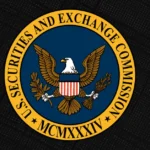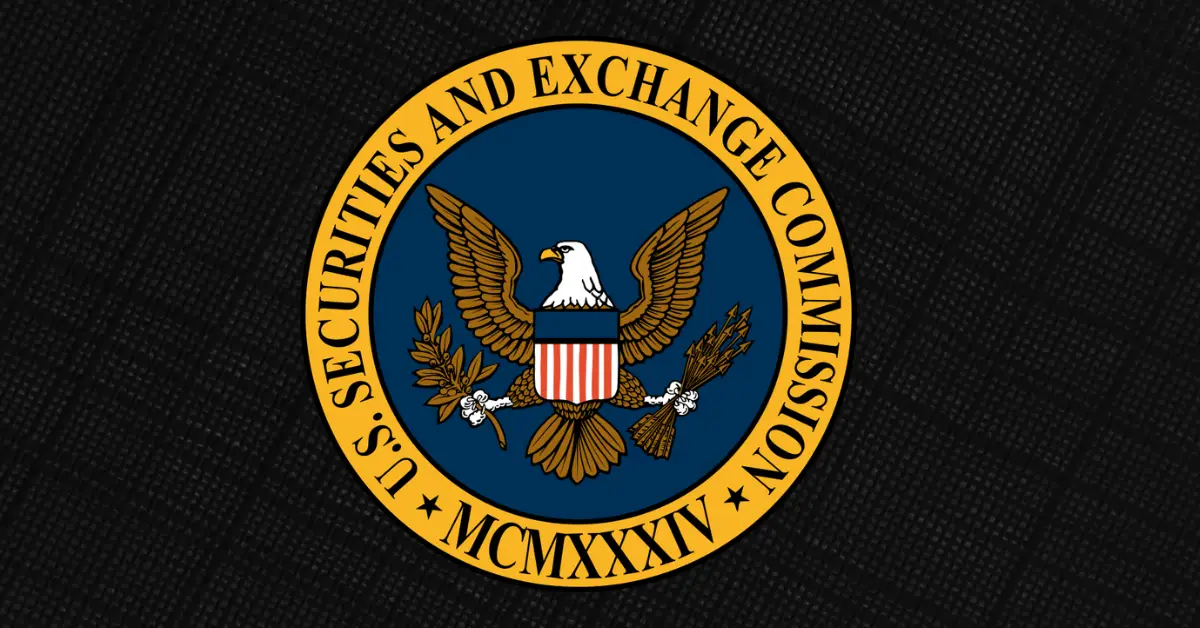
U.S. blockchain startup Ripple has made a significant move into crypto custody by launching new services designed to help banks and financial technology firms store digital assets on behalf of their clients.
The San Francisco-based company told to CNBC that it is introducing a variety of features to enable its banking and fintech partners to securely manage digital tokens. This initiative is part of Ripple’s broader expansion into custody through its newly formed division, Ripple Custody.
These new offerings include pre-configured operational and policy settings, integration with Ripple’s XRP Ledger blockchain platform, anti-money laundering risk monitoring for compliance, and a user-friendly interface to enhance engagement.
This development allows Ripple, which is widely recognized for its XRP cryptocurrency and RippleNet platform, to diversify beyond its primary payment settlement business. RippleNet serves as a messaging platform based on blockchain technology, facilitating communication between banks about the status of global money transfers within a distributed network.
Thursday’s announcement marks Ripple’s first significant effort to consolidate its custody solutions under the Ripple Custody brand, positioning it against established competitors like Coinbase, Gemini, and Fireblocks.
Understanding Custody Services
The custody space is a burgeoning segment of the digital asset market. Custodians play a vital role by helping clients secure private keys—alphanumeric codes that grant access to digital assets and authorize transactions. Beyond mere storage, custodians facilitate payments and settlements, trading, and ensure compliance with global regulations governing digital currencies. The crypto custody market is projected to reach at least $16 trillion by 2030, according to the Boston Consulting Group.
Ripple noted that custody is one of its fastest-growing areas, with Ripple Custody experiencing over 250% year-over-year customer growth this year and operating in seven countries. Its clientele includes major institutions such as HSBC, the Swiss arm of BBVA, Société Générale, and DBS.
Anticipating that more real-world assets will be tradable as digital tokens in the future, Ripple aims to allow its custody service customers to tokenize various assets—such as fiat currencies, commodities like gold and oil, or real estate—using the XRP Ledger.
The integration with XRP Ledger will enable firms to access Ripple’s decentralized exchange, which facilitates the matching of buyers and sellers for a variety of digital assets without intermediaries, allowing for quicker, low-cost trading.
“With new features, Ripple Custody is expanding its capabilities to better serve high-growth crypto and fintech businesses with secure and scalable digital asset custody,” stated Aaron Slettehaugh, senior vice president of product at Ripple, in a statement hared with CNBC on Thursday.
Last year, Ripple strengthened its crypto custody business by acquiring Metaco, a firm that assists organizations in storing and managing crypto assets. Earlier this year, it also acquired Standard Custody & Trust Company to further enhance its custody efforts.
However, Ripple’s diversification efforts come at a challenging time for XRP. The cryptocurrency’s price dropped sharply last week following the U.S. Securities and Exchange Commission’s (SEC) announcement of its intention to appeal a 2023 court ruling that deemed XRP not a security when sold to retail investors.
As the largest holder of XRP, Ripple has been embroiled in a long-standing battle with the SEC over accusations that it conducted an illegal securities offering through the sale of the cryptocurrency, a claim Ripple vehemently denies.








